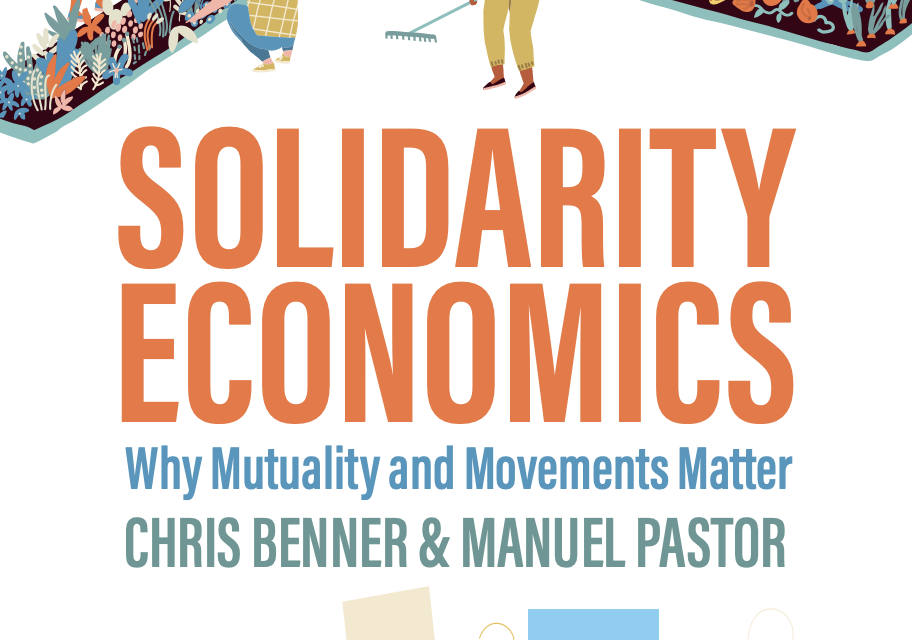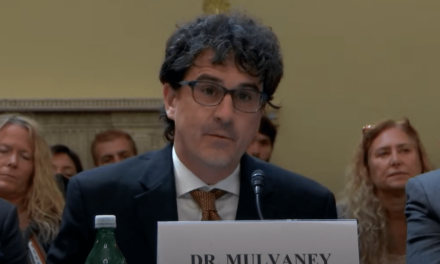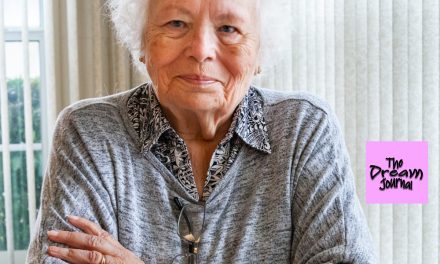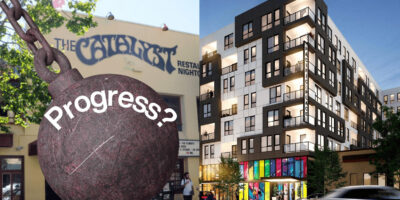
In this interview, I speak with professor Chris Benner about a new book he co-authored with Manuel Pastor.
Traditional economics is built on the assumption of self-interested individuals seeking to maximize personal gain. This is far from the whole story, however: sharing, caring and a desire to uphold the collective good are also powerful individual motives. In a world wracked by inequality, social divisions, and ecological destruction, can we build an alternative economics based on our mutual co-operation?
In this book Chris Benner and Manuel Pastor invite us to imagine and create a new sort of solidarity economics – an approach grounded in our instincts for connection and community – and in so doing, actually build a more robust, sustainable, and equitable economy. They argue that our current economy is already deeply dependent on mutuality, but that the inequality and fragmentation created by the status quo undermines this mutuality and with it our economic wellbeing. They outline the theoretical framing, policy agenda, and social movements we need to revive solidarity and apply it to whole societies.
Thursday, November 4, 2021
4:00-5:30pm PT (7:00-8:30pm ET)
Join us for an event with prominent national policy advocates and social movement leaders in conversation with Chris Benner and Manuel Pastor on their forthcoming book Solidarity Economics: Why Mutuality and Movements Matter.
Event registrants will receive a link to download a free copy of the e-book.
To pre-order your hardcopy of the book visit Bookshop Santa Cruz or Polity Books.
Solidarity Economics is an economic frame that recognizes that people are not just individuals, but also members of broader social groups and communities; that people are motivated not just by self-interest, but also by caring for others and a desire for belonging; and that we can and should build our economy not on an embrace of individuality and competition, but rather on a sense of the commons and our shared destiny.
This conversation delves deeply into the concept of Solidarity Economics, its meaning and how to enact change that is real in terms of policy and power. It also discusses how we can expand the notion of Solidarity Economics in our movements and how Solidarity Economics can provide a useful framework to change the narrative of OUR economy.
Co-sponsored by: UCSC Institute for Social Transformation and USC Dornsife Equity Research Institute.












